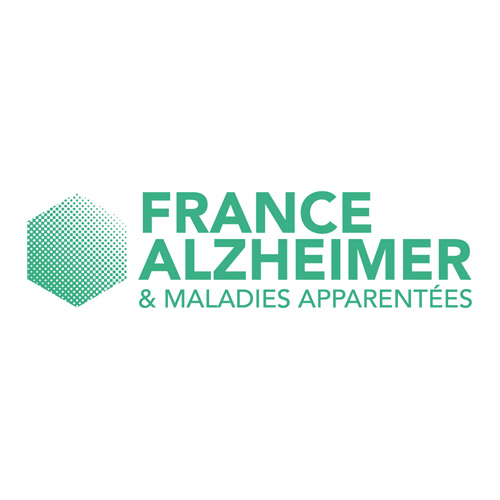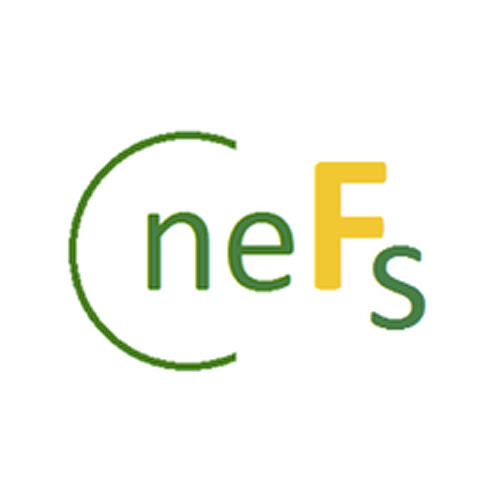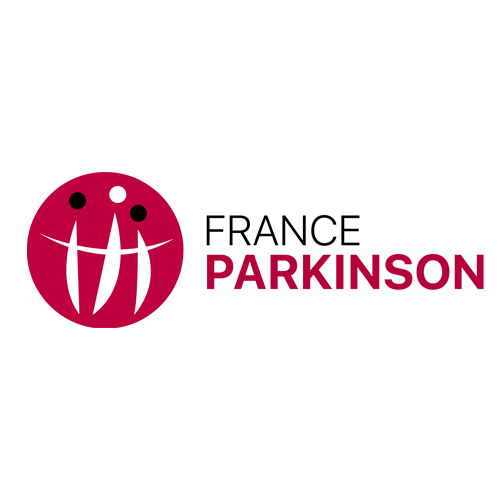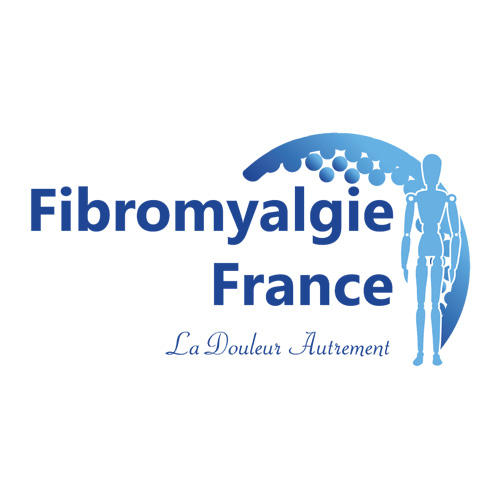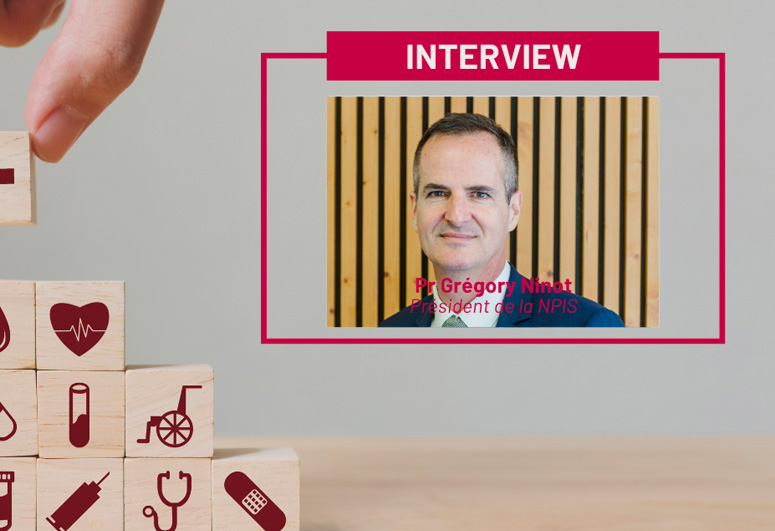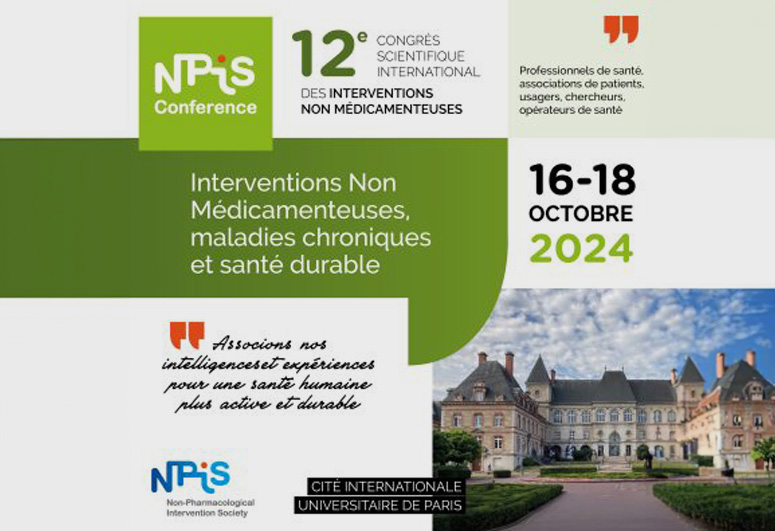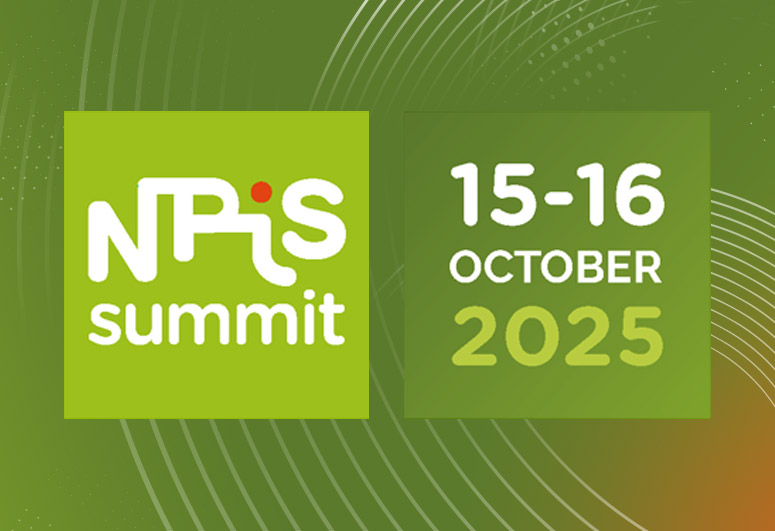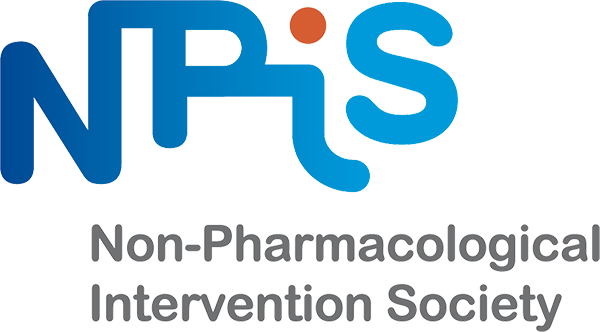What's an NPI ?
The NPIS Registry: why ?
Who is this platform for?
-
I am a citizen, a patient, a caregiver or a professional on a first visit

-
I will be able to easily find information on interventions that are actually INMs. I will also be able to provide feedback on usage. If I want to go further, I will be directed to the conditions for accessing all the data and features of the INM Repository.
-
I am a healthcare professional wishing to access all INM files

-
I will be able to find complete information on INM protocols to deepen my knowledge and practices. I will be able to provide feedback on use.
-
I am a representative of an authority, institution or organization related to health

-
If my practice organization is a partner of the NPIS, I will be able to access all the data and functionalities of the INM Repository.
-
I would like to submit a proposal for a new INM in the Repository

-
If my project meets the definition of an INM and if it is sufficiently supported by scientifically conducted studies, I will be directed to a form which will allow me to write the INM file relating to my project.
-
I am an expert selected under the INM file validation procedure

-
If I have received an email from NPIS accrediting me as an Expert in a defined field, I will be able to register to participate in the expert procedure for which I have been requested.
Become a Submitter
Learn more about NPIS and NPI :
NPIS Questions and Answers
-

-
-
Is the NPIS Registry a tool for combating misinformation in the field of health?

-
Indeed, the NPI Registry contributes to the development of precision medicine. For example, how can we advance this field in the non-pharmacological treatment of pain without confusing patients when a prestigious medical school like Stanford publishes such a vague, incomplete, and unranked list on its website?
- Physical activity
- Acupressure
- Acupuncture
- Application of heat or cold
- Aquatherapy
- Art therapy
- Biofeedback
- Family coaching
- Individual coaching
- Psychological conditioning
- Desensitization
- Therapeutic education
- Occupational therapy
- Horticultural therapy
- Hypnosis
- Physiotherapy
- Massage lotions
- Meditation
- Music therapy
- Posturology
- Companion presence
- Psychosocial support
- Transcutaneous electrical nerve stimulation (TENS)
- Comfort therapy
- Theatre therapy
- Psychosocial therapy
- Tonification and strengthening
- Yoga
How many hopes dashed? How much time wasted? How many futile efforts? How much money squandered? How many unnecessary carbon emissions from transport? This subtly highlights pharmacological treatments and pain surgeries, which have precise contents and proven effects. The NPIS and its partners propose a solution to break this deadlock in favor of those affected by health issues. The goal is to provide reliable information on the most relevant NPI. It is also about no longer opposing pharmacological and non-pharmacological therapies, but rather associating them wisely and at the right time.
-

-
-

-
-
Why establish a unique evaluation model for NPI?

-
A scientific validation model for medications has existed since the 1960s, with specific regulations recognized worldwide (e.g., FDA, EMA, ANSM). A similar procedure has recently been implemented for medical devices in Europe. However, until now, no consensual model existed for nutritional, bodily, and psychosocial health services due to confusions between approach, protocol, and technique/ingredient. A participatory, pragmatic, and multidisciplinary consensus work followed international scientific health recommendations to address this for NPI (Ninot et al., 2023).
This work took into account the specificities of NPI, health risks, the balance between internal and external validity, the justification of explanatory mechanisms, ethical considerations in health, and respect for contexts of use. The NPIS Model accelerates research through the harmonization of methodological and ethical expectations in NPI. It also enhances the identification, referencing, transferability, and implementation of NPI for the benefit of user health and safety, improving the quality of training.
Ultimately, the NPIS Model distinguishes between individualized, science-based services aimed at addressing known health issues in Western medicine and occupational practices (lifestyle, art of living, work, sociocultural activity, personal development, pursuit of happiness, spiritual practice, etc.). In this sense, the model does not impede individuals' freedom to choose a particular lifestyle. It aims to address a specific health issue for an individual or a group of people within a limited timeframe and a framework regulated by the health sector. The NPIS Model encourages innovations across all other health sectors, particularly in health organizations and early identification actions for health problems. -
Are all well-being practices considered NPI?

-
Moving, eating, drinking, sleeping, talking, reading, writing, painting, listening to music, watching a movie, dancing, laughing, walking, singing, meditating, gardening, socializing, etc., are all activities of daily life. Some of these can generate joy, pleasure, personal growth, and well-being. In a democratic country, everyone is free to interpret and experience these activities in their own way. This relates to life philosophy, lifestyle, the art of living, and personal development. In other words, a daily activity is not an intervention, even if it can occasionally and randomly contribute to the health of certain individuals. Occupational activities and treatments for health problems identified by medicine are different.
The following products are not considered NPI:- Hygiene and beauty products (shampoo, toothpaste, brush, body cream, etc.)
- Natural products (plants, food, mushrooms, essential oils, etc.)
- Health products (medications, implantable biological materials, dietary supplements, etc.)
- Medical devices (artificial organs, prosthetics, orthotics, digital applications, monitoring systems, etc.)
The following goods and services are not considered NPI:- Cultural products or services (video games, books, podcasts, artistic practices, museum visits, theater, writing, etc.)
- Everyday consumer products or services (haircuts, aesthetic treatments, dining out, etc.)
The following actions are not considered NPI:- Public health promotion activities (communication campaigns, videos, posters, booklets, websites, social media posts, etc.)
- Architectural adaptations (creating access ramps, etc.)
- Environmental adaptations (reforestation of a park, creation of a sports workshop, etc.)
The following approaches are not considered NPI:- Professional disciplines (physiotherapy, psychology, dietetics, public health, etc.)
- Educational approaches (personal development, etc.)
- Esoteric practices (spiritual practices, religious worship, divination, witchcraft, etc.)
The following organizations are not considered NPI :- Health organizations (networks, platforms, clinics, health centers, healthcare establishments, etc.)
- Health systems (digital platforms, etc.)
The following measures are not considered NPI :- Health policies (strategies, plans, programs, etc.)
- Regulations (decrees, laws, etc.)
- Judicial decisions (warnings, convictions, etc.)
Our supporters
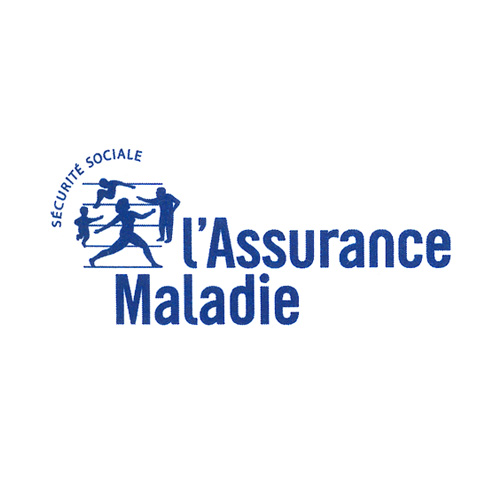

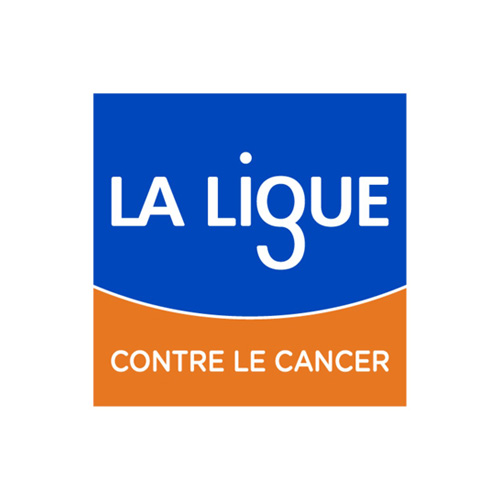


Our partners

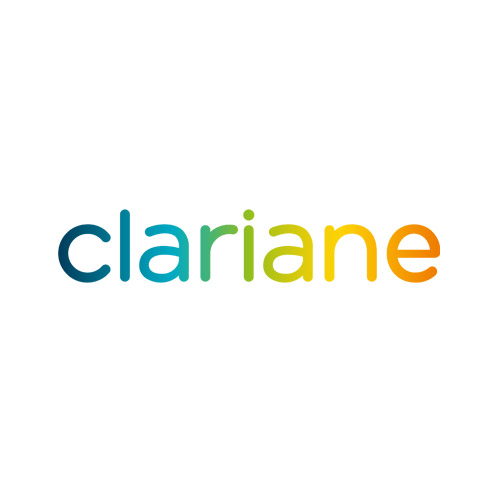


Our allies
